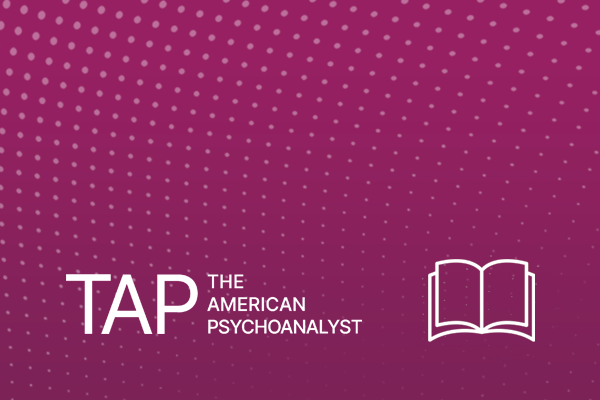APsA Publications

The Journal of the American Psychoanalytic Association (JAPA)
JAPA is a peer-reviewed journal publishing original articles and commentaries, ground-breaking research, thoughtful plenary addresses, in-depth panel reports, and more.

The American Psychoanalyst (TAP)
APsA’s triannual magazine, TAP, offers a psychoanalytic perspective on current events in psychology, the arts, and culture for mental health professionals, students, and the general public.

Psychotherapist Newsletter
The Psychotherapist Newsletter features scientific programs and publications about psychoanalytic psychotherapy, personal reflections, social and community issues, and advocacy.
Find a Psychoanalytic Clinician
© 2009-2023 American Psychoanalytic Association | 122 East 42nd Street, Suite 2310, New York, NY 10168 | Phone: (212) 752-0450 | [email protected]
